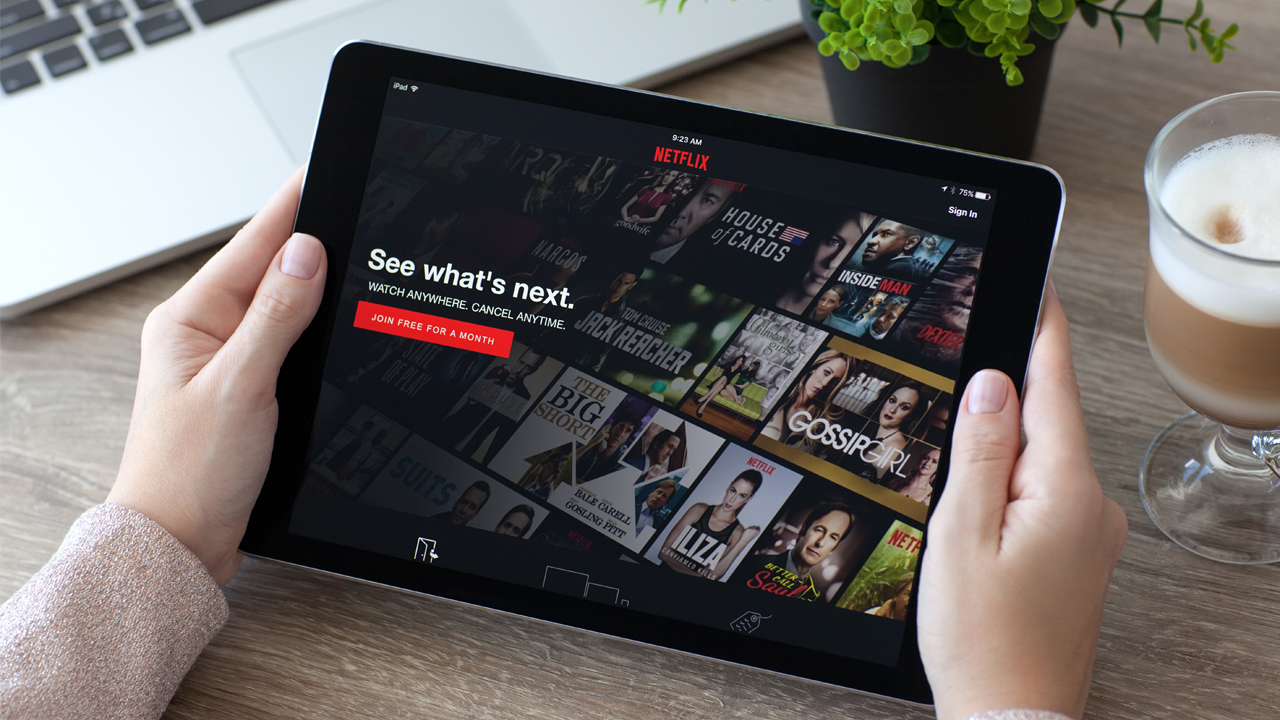Are iPad VPNs safe?
Advanced tech and trusted providers make the top VPNs completely safe to use

Most people have heard of VPN technology before, but the technical jargon that often follows any mention of a VPN can be intimidating and hard to understand.
We find the confusion around VPNs unfortunate, because not only are the best VPNs extremely secure, they actually offer superior protection and safety online compared to not using one.
So, to spread the love (and privacy), here we’ll be explaining how you can safely use an iPad VPN to protect you and your family’s privacy online.
- Read our comprehensive guide on how to setup a VPN
Is it safe to use a VPN on an iPad?
Yes, as long as you go with a reputable provider, it is completely safe to use a VPN on your iPad. VPNs work by routing your internet connection through an external server, which may be located in your city or somewhere on the other side of the world. They also hide your IP address from the websites you visit. This enhances online privacy, and protects you and your family from many forms of cybercrime and cyber surveillance.
However, it’s crucial to remember that using a VPN won’t protect you or your family if you willingly share personal details online or access illicit content. It’s best to think of a VPN as a tool for online safety, but not a complete solution.
Let’s look at some of the specific features that make it safe to use VPNs on an iPad.
Advanced encryption
Any worthwhile VPN platform will provide complete encryption of all data sent to and from the websites you visit.
Sign up to get the BEST of Tom's Guide direct to your inbox.
Get instant access to breaking news, the hottest reviews, great deals and helpful tips.
While the technical jargon used to explain these systems can be complicated, it’s sufficient to know that no one will know what websites you visit and or be able to see the information arriving or leaving your iPad. Encryption also protects you while on public Wi-Fi networks, ensuring no snoops can intercept your data.
Zero-log architecture
Similarly, all the top VPN platforms for iPad now provide zero-log or ram-only architecture, which means that the provider stores no information about which servers users connect to or when they connect.
This means even the VPN company isn’t tracking your actions online. Some providers, such as ExpressVPN, use a private, encrypted DNS on every server, providing an unparalleled level of security and anonymity.
Download from the App Store
The Apple App Store is highly secure, and you can be confident that iPad and iPhone VPN apps downloaded from the store won’t contain harmful malware or viruses. As long as you ensure you are downloading the correct app and not copycat software, you have very little to worry about.
To ensure you download the correct app, we recommend heading to the company’s website and following their internal links to the App Store.
Choose an unbreakable password
Although not directly related to the actual security of the VPN, we think it’s still worth mentioning the importance of choosing a strong password for your account. This will ensure your account isn’t hacked and that only you have access to your subscription details and personal information.
Free software is often less safe
It almost goes without saying, but when it comes to VPN technology, you get what you pay for. If you want complete security and anonymity online, it’s worth paying for one of the top VPN platforms. And although there are many commendable free VPN providers out there, they typically aren’t as secure as their premium counterparts.
The best iPad VPN available
We chose ExpressVPN to use as an example because we believe that it’s the best service on the market. In our testing, ExpressVPN was one of the fastest VPNs on iPad and unblocked sites such as Netflix, Disney+ and Amazon Prime without issue. No logs are kept of your VPN usage, and ExpressVPN uses some of the strongest encryption settings in the business.
Darcy is a freelance copywriter, and a candidate for the dual master's program between the Paris Institute of Political Studies (Sciences Po) in France and Peking University in Beijing, China. His academic and professional areas of interest include human rights and development, sustainable agriculture and agroecology, Pacific Islands diplomacy, and Sino-Australian relations.


